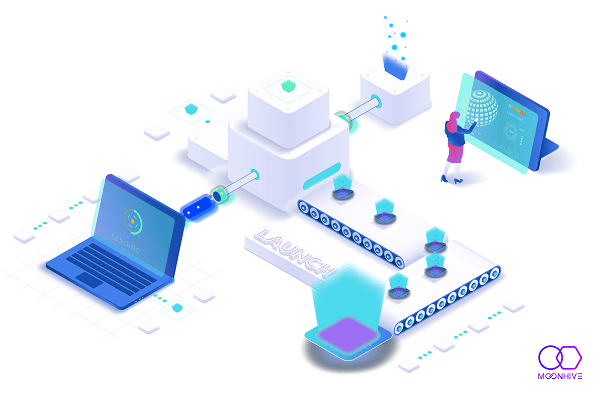




































Data backup and recovery are the fundamental and important components of any strong, robust information management strategy. They play a very important role in protecting and safeguarding critical business data, ensuring business continuity, and mitigating risks that come associated with the loss of crucial data.
Here’s why Data Backup and Recovery is very Important
Data Loss and Downtime Prevention:
Today, data is considered the oxygen and lifeblood of modern business, it encapsulates everything from customer information to financial records, intellectual property, and operational data. Losing this very critical information, sometimes even temporarily can lead to severe, irreversible consequences. Data Backup serves as a net of safety, allowing businesses to recover lost or corrupt data faster cut short on the downtime and make sure everything is functioning smoothly.
Protection Against Cyber Threat:
We are living in an age where cyber threats like ransomware attacks are rampant, therefore it is essential to have a sturdy backup and recovery system, Ransomware can encrypt data and demand a ransom for decryption keys. But when you have a solid backup system in place, businesses can restore their systems to the ones before the attack, sidelining the need to pay a ransom.
Compliance and Legal Obligations:
Most industries have specific regulatory requirements regarding data retention and protection. Non-compliance can end up in life-threatening penalties. A proper a data backup and recovery system ensures that business enterprises meet these legal obligations by providing them with a mechanism to retain and retrieve data whenever they are required.
Stonewalling Hardware Failures:
Hardware is not invincible or infallible, a variety of reasons can cause it to fail, such as power surges, overheating and even negligible wear and tear. When things like these happen, there can be critical data and other kinds of information which will be at risk. A regular backup will provide protection against such harmful scenarios, which will all businesses to to restore data on their hardware.
Disaster Recovery:
Any sort of natural disaster such as earthquakes, floods, or fires can wreak havoc on physical infrastructure. In such unforeseen situations and scenarios, the data that was stored on location can be lost. Therefore cloud-based backups can provide an offsite copy of the data that can be accessed from anywhere, ensuring that even in the face of disaster, enterprises can recover their lost information.
Preserving Integrity:
For any business to succeed and flourish, customer trust is paramount. So, a data loss incident can make existing and potential customers lose their trust in a business organization, potentially this can eventually lead to a loss of customers and can cause an irreversible dent in the company’s reputation. Hence, by demonstrating a commitment to data protection through robust backup and recovery practices, businesses can reassure customers that their information is protected.
Enabling Business Continuity:
When an event of data breach or data loss occurs in an enterprise, the ability to recover quickly is absolutely crucial for the purpose of maintaining business continuity. A well-structured backup and recovery plan ensures that operations can resume swiftly, minimizing disruptions and potential financial losses.
Supporting Data Migration and Upgrades:
When transitioning to new systems, performing upgrades, or migrating to a different platform, there is a risk of data corruption or loss. So it is important to have a very strong and sturdy data backup and recovery system that ensures that data can be easily transferred, providing a safety net during the transition process.
Fostering Innovation and Experimentation:
Knowing that data is securely backed up allows businesses and similar organizations to innovate and experiment without fear of irreversible consequences. This encourages a culture of exploration and innovation, as employees feel more confident in trying new approaches and technologies.
Cost Savings:
While implementing a robust backup and recovery system requires a certain level of initial investment, it ultimately leads to cost savings. The expense of recreating lost data or dealing with the aftermath of a data breach far outweighs the cost of implementing a reliable backup and recovery strategy.
To conclude, data backup and recovery are not merely technical tasks; they are fundamental aspects of a sound business strategy. They provide a safety net against a wide range of potential risks, from cyber threats to hardware failures and natural disasters.
Investing in a comprehensive backup and recovery system not only protects critical business data but also safeguards the reputation and continuity of the business itself. It is an essential component of modern business resilience and should be prioritized accordingly.




































